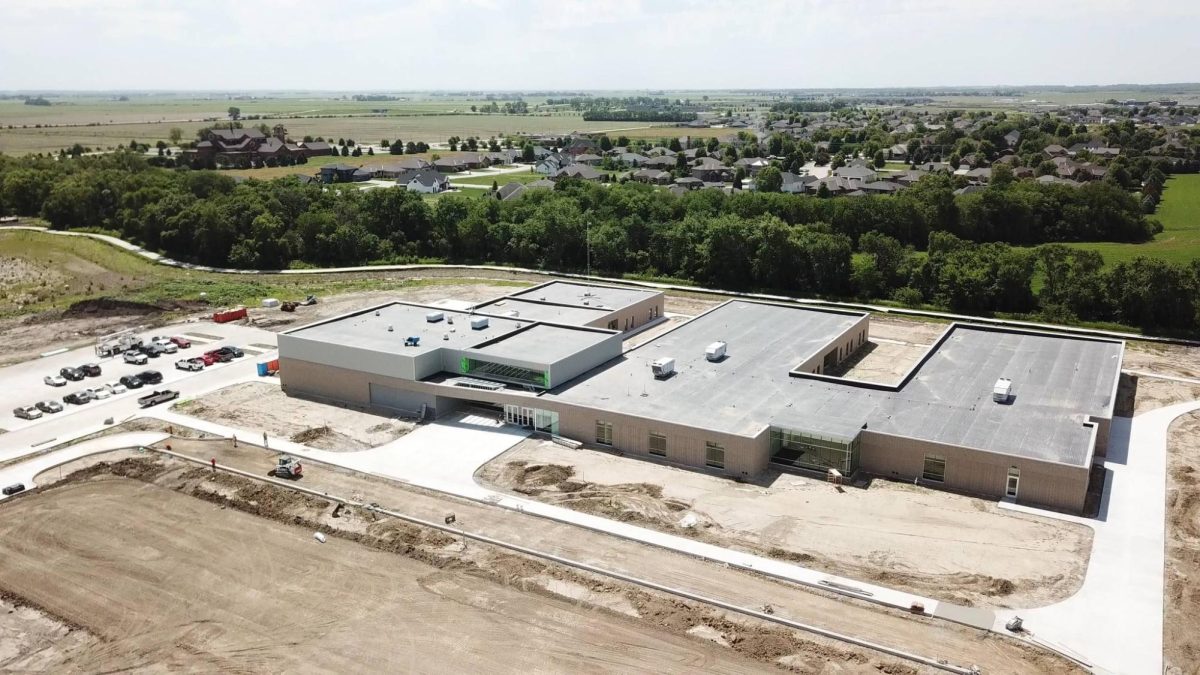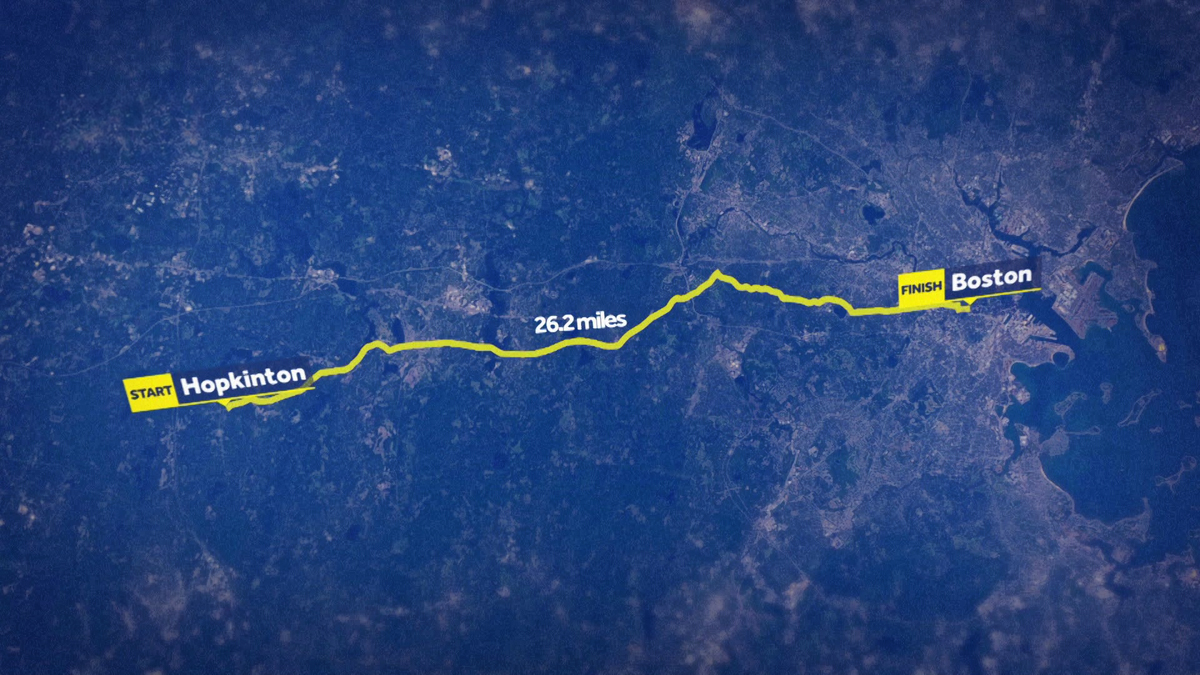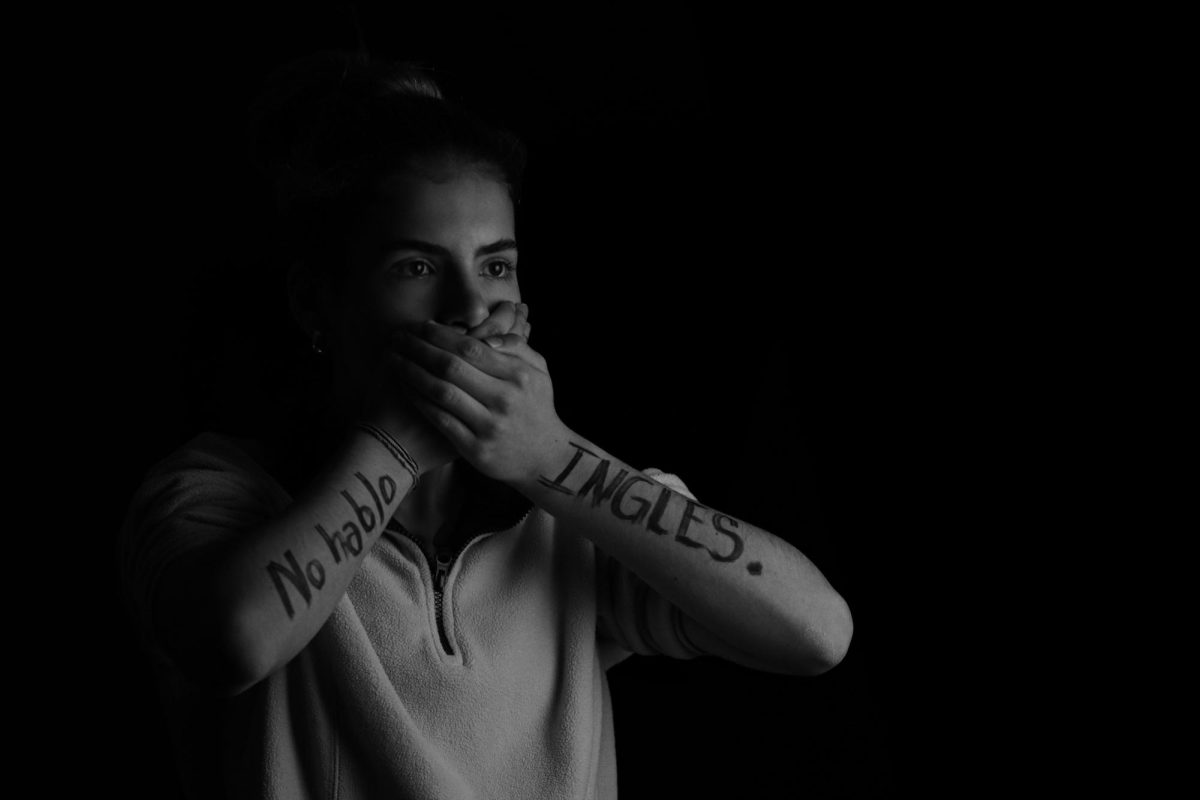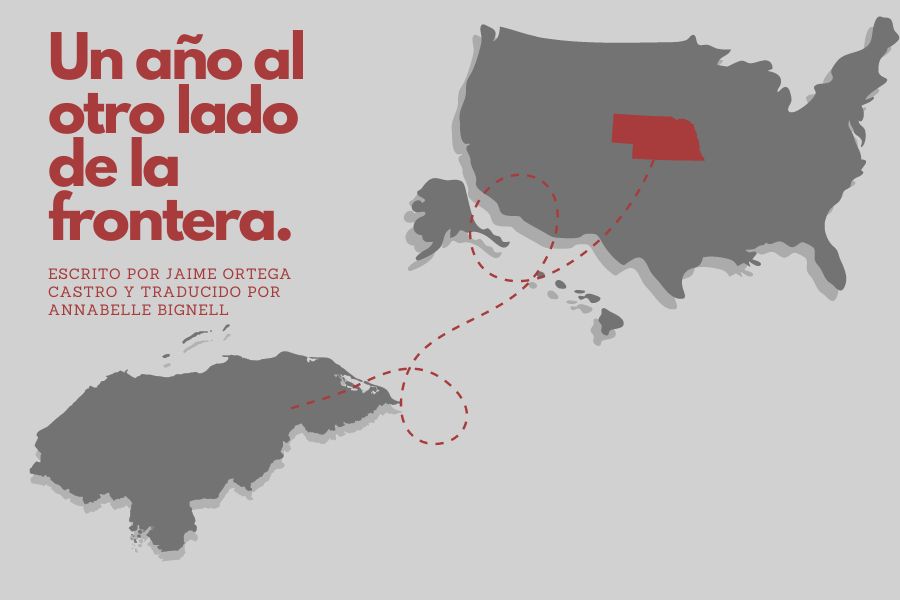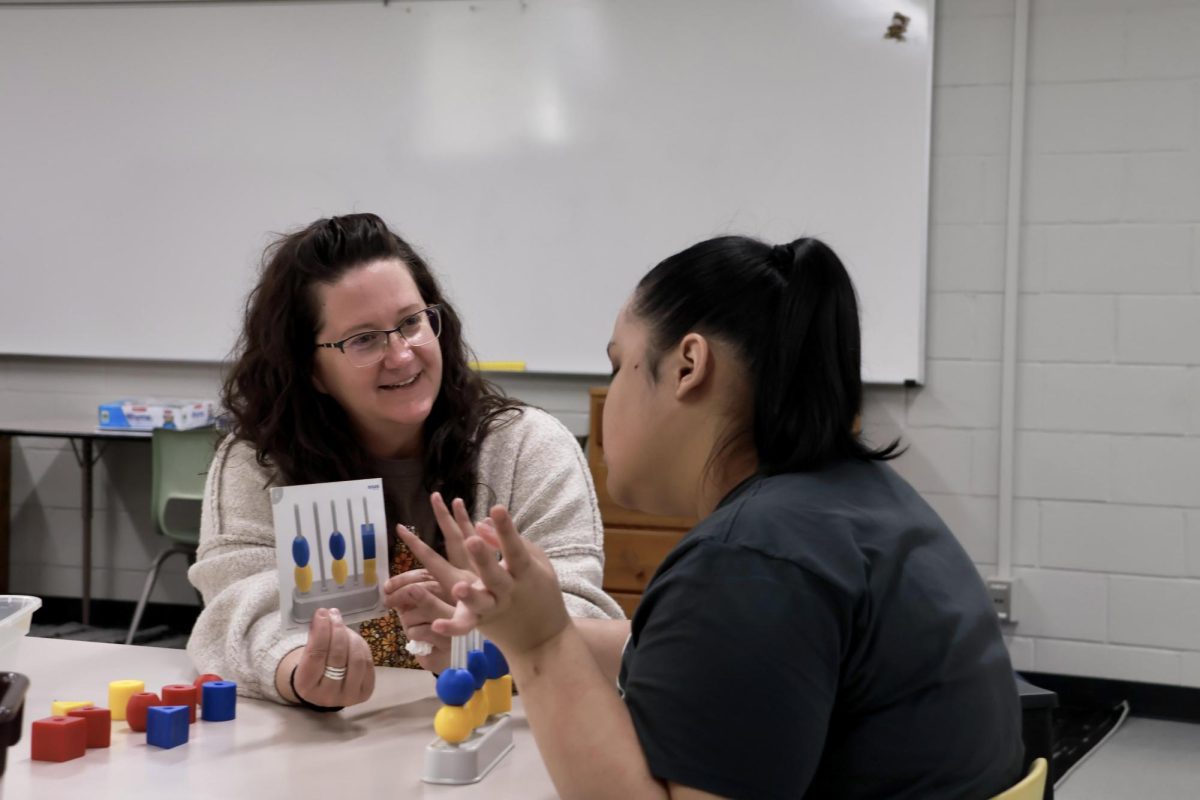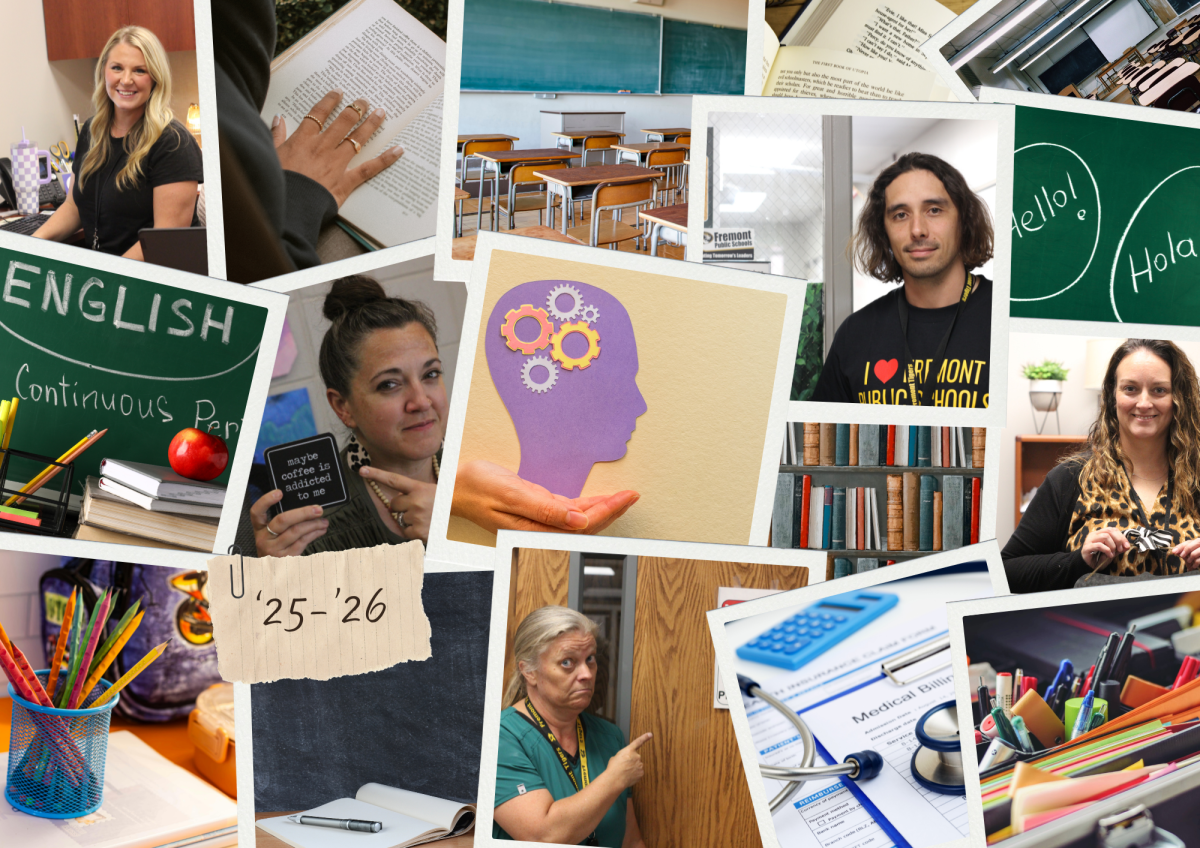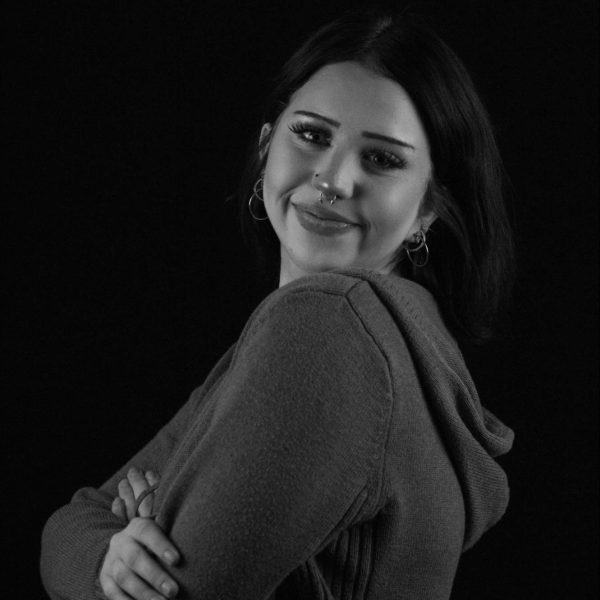The 2013 Boston Marathon was supposed to be a momentous occasion for Claire Wilson, a Fremont High School math teacher and lifelong runner. Having qualified for the race after running her first marathon, Wilson looked forward to take on the challenge of the historic 26-mile race.
“I was running my first marathon,” Wilson said. “I wasn’t even aware of my pacing. I ran it in three hours and thirty-one minutes. You needed to run three hours and thirty-five minutes to qualify for the Boston Marathon.”
As a lifelong runner, dreams of the cheering crowd and sweaty competition filled Wilson’s head. Thrilled, Wilson convinced her family to come along with her to Boston. The grueling training and countless miles on the pavement had all been leading up to this special moment.
“I mean it’s a once-in-a-lifetime experience,” Wilson said. “I just needed to focus on getting into shape now.”
Hesitant at first, but with her family in tow, Wilson arrived in Boston ready to make the most of the experience. The marathon was a festive affair, with thick crowds and a celebratory atmosphere. No runner could tell if the drops on their face were sweat or tears of joy.
As she approached the finish line, her body was giving out on her, her legs feeling heavy and her mind consumed with doubts. Despite the pain and exhaustion, Wilson refused to give up. She dug deep, drawing on every ounce of strength and determination she had to push through the final miles of the race. Every step felt like a struggle, but she knew that she had come too far to give up now. Wilson crossed the finish line and felt a surge of emotion wash over her. She had done it. She had completed the Boston Marathon.
It was a moment of triumph, a validation of all the hard work and sacrifice that had gone into her training. But that moment was short-lived. Just as Wilson found her parents and began to walk to the train station to return to her hotel and rest in the basking glow of her accomplishment, the sound of the explosion shattered the air.
The joyous celebration turned to chaos and confusion.
“We were just so unsure,” Wilson said. “There was a giant boom. This was when Twitter, now X, was very popular. It’s kind of silly, but our first instinct was to check Twitter.”
The booms turned out to be the beginning of what is now called “The Boston Bombing.”
“After that sirens went off and every single person in a uniform of any kind raced to the source, which we found out was the finish line. We couldn’t see the explosion. We could hear it. We could feel it and we were able to get kind of to the train station and sort of run away,” Wilson said.
The Boston Marathon bombing was a terrorist attack that took place on April 15, 2013, when two bombs were detonated near the finish line of the Boston Marathon. The bombings killed three people and injured hundreds more.
“I remember to this day. I remember just that heart-wrenching moment where I saw that video where you could see where the bombs exploded and seeing the picture, seeing the video, the finish line and seeing where the bombs had exploded,” Wilson said. “Just 30 minutes ago, this was full of people and now it is empty. I was a block away. The marathon moment is over and people’s lives are forever changed.”
Despite the distress and chaos, Wilson and her family were safe. But the events of that day had a profound impact on her perspective. Like so many others who have been affected by mass shootings and other tragedies, Wilson became acutely aware of the potential dangers of crowded spaces.
“You cannot know when something like that is going to happen that’s always living there in the back of my brain that at these big events, there are, you know, the potential to have scary moments,” Wilson said. “For me, I just want to continue to still enjoy those, even though I can’t let that anxiety of something that could possibly happen overwhelm my enjoyment of the day.”
Now, 11 years later, Wilson looks back on the Boston Marathon bombing with a mixture of sadness and perspective. She acknowledges that time has helped her to process her emotions and view the event differently. And while she knows that there is no way to completely erase the trauma of that day, she remains committed to honoring the memory of those who were lost and finding hope in the face of tragedy.
In the aftermath of the bombing, Wilson found a sense of hope and resilience. She reflected on the randomness of traumatic events and came to trust in fate. She also found solace in running, using it as a way to honor those affected by the bombing and to process her own emotions.
“At the end of the day running the Boston Marathon and the experience that I have is my biggest takeaway from that day. It was one of the coolest things that I have ever done,” Wilson said. “It was one of the most amazing experiences of my life to just be in this giant celebration of running that this entire state has, and be able to be on the same field as these world elite athletes running this course.”

